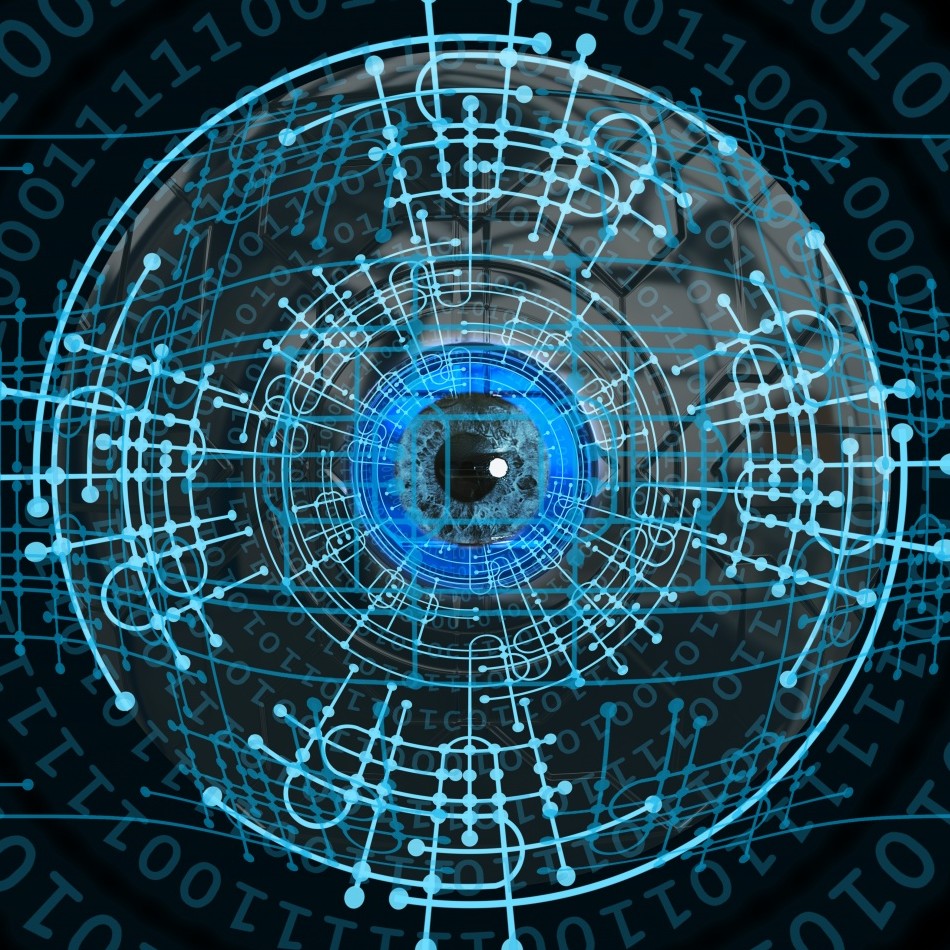Published:
The global economy has been significantly impacted by artificial intelligence, and Japan, with its long history of technological innovation, is well-positioned to significantly impact the AI landscape. Japan is building its own AI innovations like ChatGPT that are anticipated to change a range of sectors, from manufacturing to healthcare, significantly influence the country's economic future.
Japan is a perfect place for AI-driven robots due to its long history of precise engineering and automation. To improve production processes, businesses like Toyota and Honda have already been significantly impacted by artificial intelligence by investing in AI-powered robots to improve production processes.
Japanese AI-driven robots are anticipated to increase productivity, decrease errors, and reduce labor costs, increasing the competitiveness of Japanese manufacturing enterprises internationally. Improving the sector’s export potential and job creation will, in turn, promote economic growth.
The aging population and rising healthcare expenses present problems for the Japanese healthcare sector. Japanese AI is now being researched to enhance diagnosis, drug discovery, and individualized treatment strategies. AI-driven medical imaging can aid in the earlier diagnosis of diseases, improving patient outcomes. Additionally, AI-driven drug discovery can swiftly advance the creation of novel medications, enhancing the pharmaceutical industry’s competitiveness globally and possibly bringing down healthcare prices, which would benefit both the industry and the economy overall.
The financial sector in Japan is gradually implementing AI to improve customer service, fraud detection, and risk assessment. Japanese banks use AI algorithms to evaluate enormous volumes of financial data to enhance investment choices and boost productivity. Japanese fintech businesses likewise utilize AI to develop cutting-edge financial goods and services. These developments should enhance Japan’s banking industry and promote economic stability and expansion.
The agriculture sector is confronted with issues like a dwindling labor force and the necessity for sustainable farming methods. Automating processes, including planting, harvesting, and agricultural health monitoring, are being implemented in Japan. AI-driven data analysis is being explored to reduce waste in the food processing industry and enhance resource allocation. These developments may improve food security, increase agricultural production, and open new export markets, benefiting the agriculture sector and the whole economy.
Japan is renowned for having effective logistics and transportation systems. Japanese AI works to enhance public transportation safety, decreases congestion, and improves traffic management. Delivery services are becoming more effective because autonomous cars and drones are incorporated into logistics operations. These developments can increase supply chain efficiency and lower the cost of transportation.
In retail, computer-based intelligence is being implemented will break downw client conduct, customize shopping encounters, and improve stock administration. Chatbots and menial helpers are improving client support in different businesses. As organizations become more client-driven, artificial intelligence-driven bits of knowledge will assist organizations with pursuing information-driven choices that can further develop deals and consumer loyalty, eventually helping the retail and administration areas.
Japanese artificial intelligence will significantly affect different enterprises and the nation’s economy. Using computer-based intelligence advances, Japanese organizations can upgrade proficiency and development across areas like assembling, medical services, finance, transportation, and retail. As these enterprises embrace artificial intelligence, Japan will see expanded financial development, work creation, and a more grounded position in the worldwide market.
In addition to Japan, China and other countries in Asia are seeking out to develop their own AI systems. In any case, it is fundamental for policymakers and organizations to address drawbacks, such as ethical concerns and labor force advances, to guarantee that the advantages of Japanese artificial intelligence are appropriated generally and reasonably across society.
File under






